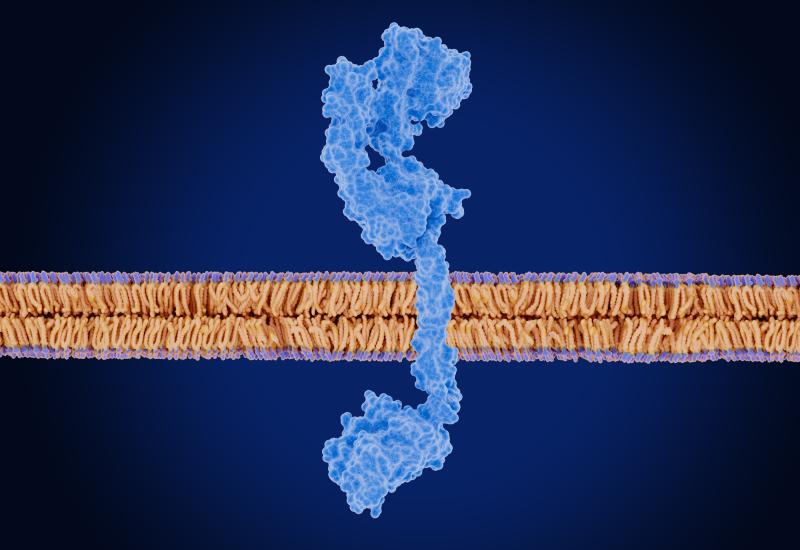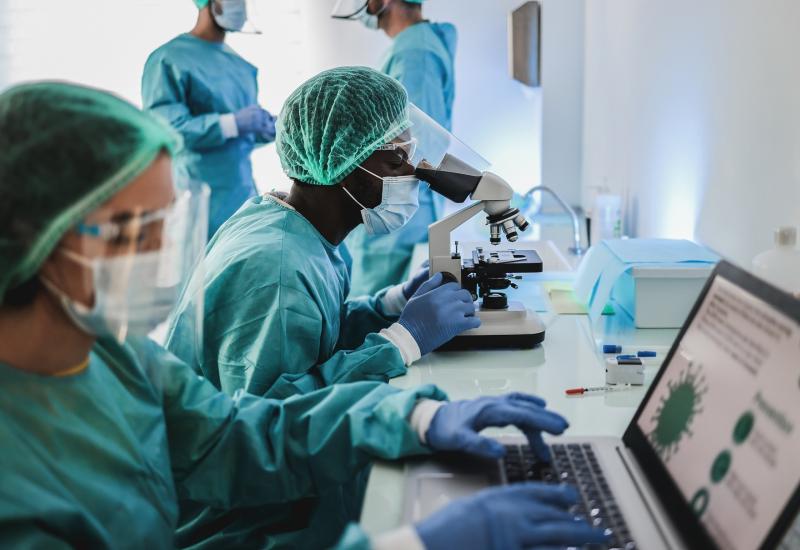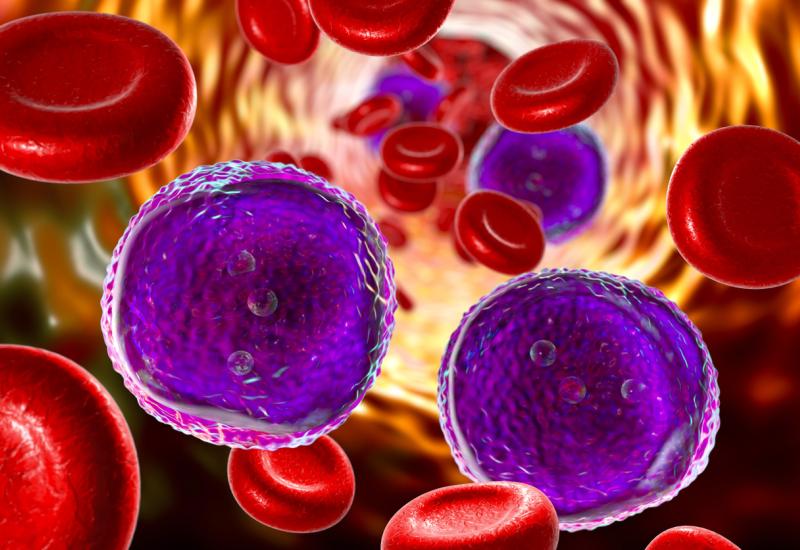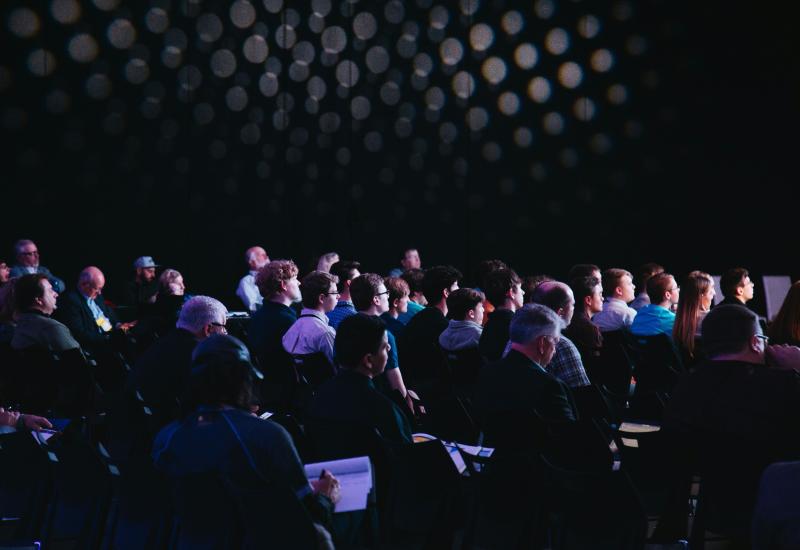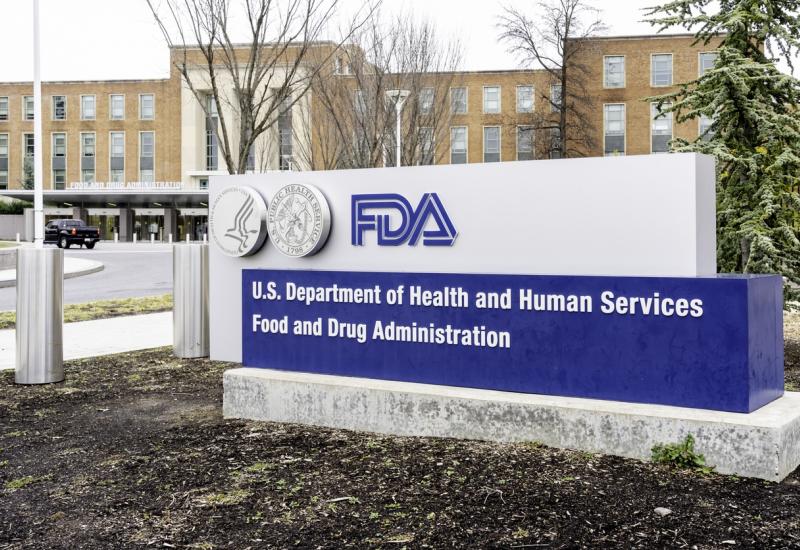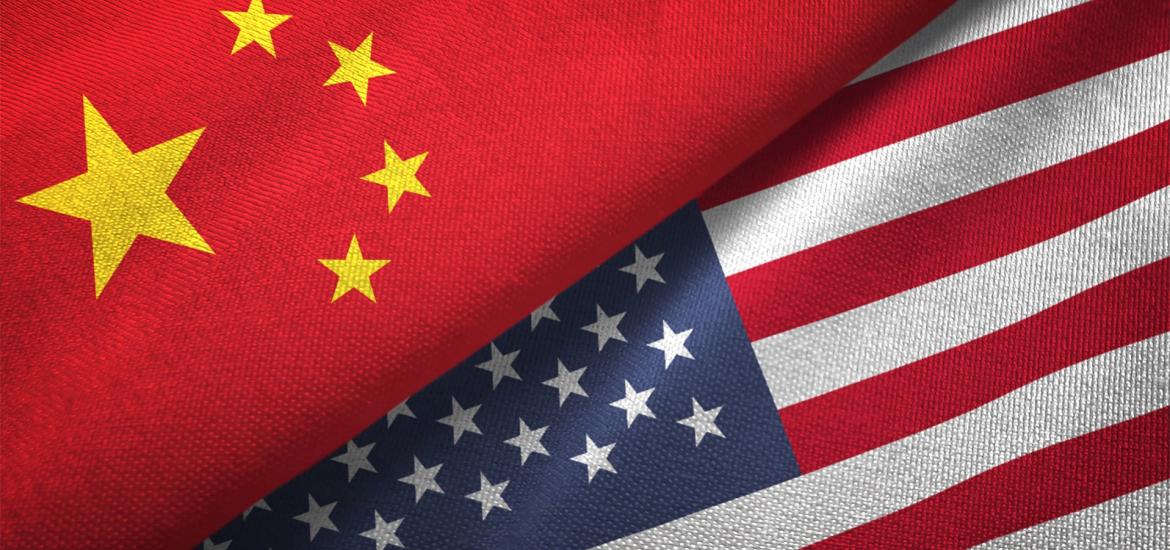
Junshi makes an early move with its VEGF bispecific

A phase 2/3 study of Shanghai Junshi’s JS207, announced by the company on Thursday to have received go-ahead from the FDA, could be the first US trial to test an anti-VEGF x PD-(L)1 antibody for treating lung cancer specifically in the neoadjuvant setting. Junshi says this will compare JS207 head to head against Opdivo monotherapy – a somewhat curious choice since the Bristol Myers Squibb drug is approved for neoadjuvant NSCLC as part of a chemo combo. It will primarily be run at Guangdong Provincial People’s Hospital, but to have received the FDA’s blessing it will presumably have to include a significant contribution from US centres too. Summit/Akeso’s ivonescimab has previously shown promise in an uncontrolled study encompassing both the neoadjuvant and adjuvant phases, and according to OncologyPipeline the only trials of these bispecifics purely in neoadjuvant NSCLC are Chinese and involve ivonescimab and BioNTech’s Bristol-partnered pumitamig. Both of these are investigator-sponsored. Junshi hasn’t said what endpoints its trial will test, but one bar to clear is median event-free survival of 31.6 months, and 24% pathological complete response, in the Checkmate-816 study. However, that tested a chemo combo, as do the ivonescimab and pumitamig trials.
Selected trials of anti-VEGF x PD-(L)1 MAbs in neoadjuvant NSCLC
| Project | Trial | Company | Design (primary endpoint) |
|---|---|---|---|
| Pumitamig | Lungmate-026 (ph2, Chinese IST) | BioNTech/ Bristol Myers Squibb | Chemo combo, vs sintilimab + chemo (pCR) |
| Ivonescimab | Neoinspire (ph2, Chinese IST) | Summit | Chemo combo, vs penpulimab + chemo (pCR) |
| JS207 | US phase 2/3 | Shanghai Junshi | Monotherapy, vs Opdivo (TBD) |
Source: OncologyPipeline.
2138


